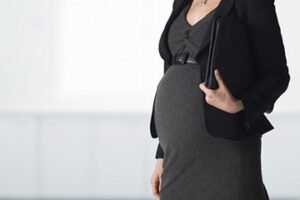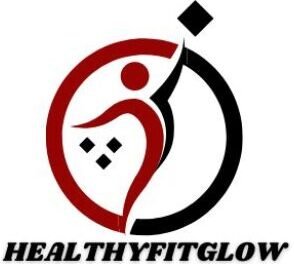Navigating Pregnancy After 35: A Comprehensive Guide:
Pregnancy is a transformative journey for any woman, but conceiving and carrying a child after the age of 35 presents unique considerations and challenges. Advancements in healthcare and changing societal norms have made pregnancy at an older age increasingly common. However, it also requires careful planning, monitoring, and awareness of potential risks. This article aims to provide a detailed exploration of pregnancy after 35, offering insights, practical advice, and answers to frequently asked questions to empower women considering or currently experiencing pregnancy in their mid-thirties and beyond.

Understanding Pregnancy After 35:
Pregnancy after the age of 35 is often referred to as advanced maternal age (AMA). While many women in this age group have healthy pregnancies and deliver healthy babies, there are some biological and medical factors that can increase the risks compared to younger mothers:
- Fertility Decline: As women age, the quantity and quality of their eggs decline, which can make it more challenging to conceive.
- Increased Risk of Chromosomal Abnormalities: The risk of chromosomal conditions such as Down syndrome increases with maternal age.
- Medical Conditions: Women over 35 are more likely to have pre-existing medical conditions such as high blood pressure, diabetes, or thyroid disorders, which can affect pregnancy.
- Pregnancy Complications: Older mothers may be at higher risk for complications such as gestational diabetes, preeclampsia, and placental problems.

FAQs on Pregnancy After 35:
1. What are the chances of getting pregnant naturally after 35?
While fertility declines with age, many women over 35 can still conceive naturally. Factors influencing fertility include overall health, lifestyle choices, and individual fertility history. Consulting with a healthcare provider can provide insights into fertility testing and potential treatments if needed.
2. How can I optimize my health before and during pregnancy?
Optimizing health includes:
- Preconception Check-ups: Discussing any pre-existing conditions or medications with a healthcare provider.
- Nutrition: Maintaining a balanced diet rich in vitamins, minerals, and folic acid.
- Lifestyle Changes: Quitting smoking, reducing alcohol intake, and maintaining a healthy weight.
3. What prenatal screenings are recommended for women over 35?
Prenatal screenings may include:
- First Trimester Screen: Combining a blood test and ultrasound to assess the risk of chromosomal abnormalities.
- Cell-Free DNA Testing: A non-invasive test to screen for genetic conditions like Down syndrome.
- Amniocentesis or CVS: Invasive tests for more definitive diagnosis if initial screenings suggest a higher risk.
4. What are the risks associated with pregnancy after 35?
Risks may include:
- Chromosomal Abnormalities: Increased risk of conditions like Down syndrome.
- Gestational Diabetes: Higher likelihood of developing diabetes during pregnancy.
- High Blood Pressure and Preeclampsia: Increased risk of these conditions, which can affect both mother and baby.
5. How can I manage pregnancy complications associated with advanced maternal age?
Managing complications involves:
- Regular Prenatal Care: Monitoring for signs of gestational diabetes, hypertension, or other complications.
- Consulting Specialists: Working with maternal-fetal medicine specialists or other healthcare providers as needed.
- Self-Care: Prioritizing rest, nutrition, and stress management to support overall well-being.
6. What are the benefits of pregnancy after 35?
Benefits may include:
- Emotional Readiness: Many women feel more emotionally prepared for motherhood in their thirties or beyond.
- Stable Relationships: Established careers and relationships can provide stability and support during pregnancy and parenthood.
- Maturity: Greater life experience and maturity can contribute to a more confident approach to parenting.
7. How can I prepare for childbirth and beyond as an older mother?
Preparing involves:
- Childbirth Education: Attending classes to learn about labor, delivery, and postpartum care.
- Support Networks: Building a support system of family, friends, and healthcare providers.
- Postpartum Planning: Considering childcare options, maternity leave, and adjusting to the demands of parenthood.

Conclusion:
Pregnancy after 35 can be a fulfilling and positive experience with proper planning, monitoring, and support. By understanding the unique considerations and risks associated with advanced maternal age, women can make informed decisions and take proactive steps to optimize their health and the health of their babies. Consulting with healthcare providers, staying informed about prenatal care options, and embracing self-care are crucial aspects of navigating pregnancy successfully in your mid-thirties and beyond. Remember, every pregnancy journey is unique, and with support and preparation, you can embark on parenthood with confidence and joy.









